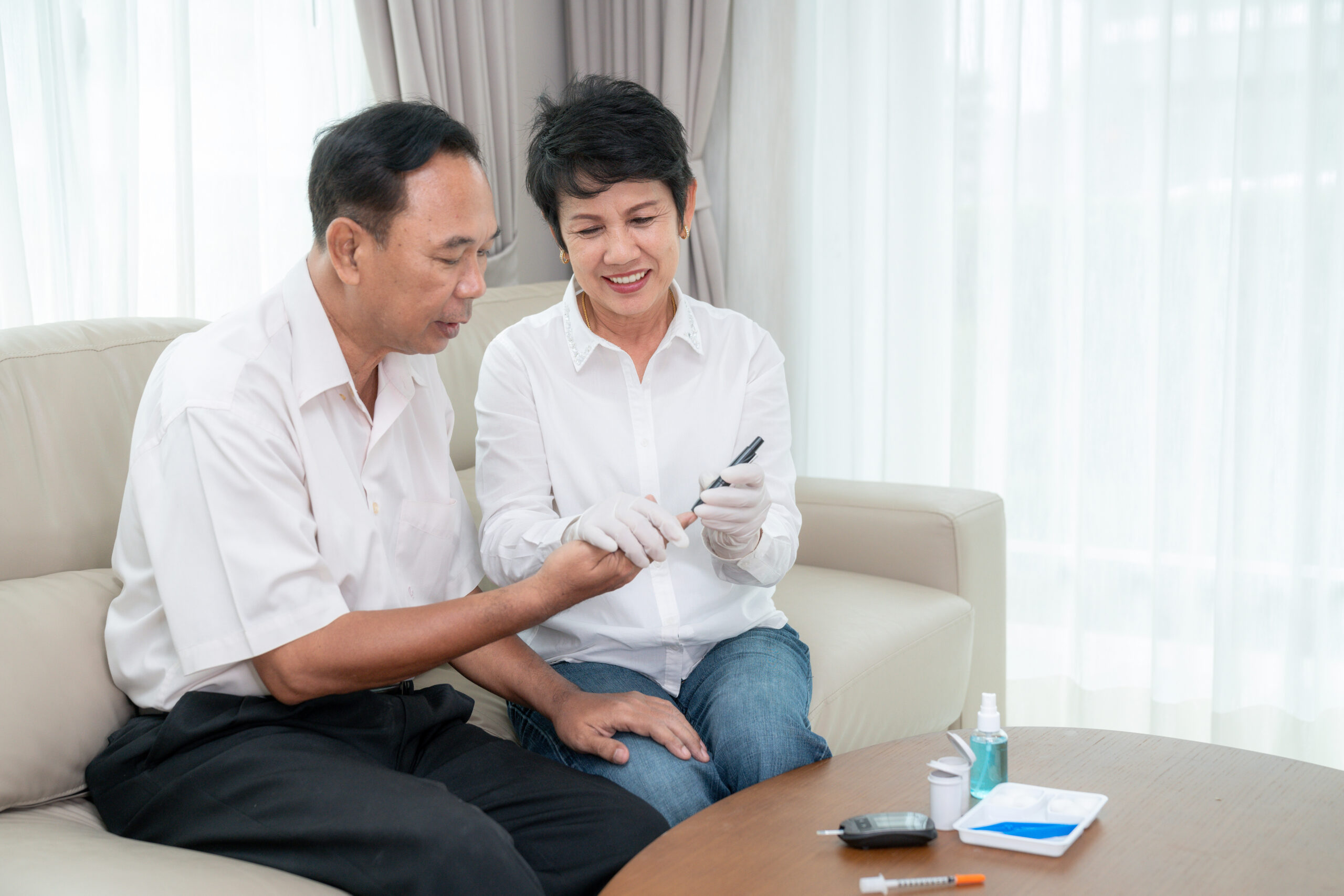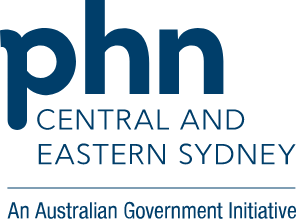Access
Homelessness Services
CESPHN’s After Hours Primary Care Access Program continues to provide vital support for individuals experiencing homelessness. By providing health services during evenings, weekends, and public holidays, the program ensures that vulnerable populations receive timely, compassionate, and coordinated care when traditional services are closed. Services target high-risk groups including rough sleepers, people who inject drugs, Aboriginal and Torres Strait Islander people, sex workers, and at-risk young people.
The program delivers:
- Assertive outreach to rough sleepers
- In-reach clinics at crisis accommodation and drop-in centres
- Mobile health units and walk-in clinics
- Care coordination for clients with complex needs.
Key partners include:
- St Vincent’s Hospital Homelessness Health Primary Health Care Service
- Kirketon Road Centre Inner-City Outreach Team

Key achievements
- Outreach support: Over 1,500 clients supported by St Vincent’s Hospital Homelessness Health Service and over 700 clients were supported by Kirketon Road Inner City Outreach Service.
- Traditional boarding houses: Currently surveying unmet health needs of residents in traditional boarding houses in partnership with SLHD and Newtown Neighbourhood Cente.
- Local systems and data integration: Initiated discussions on strengthening local systems and data integration across providers in collaboration with homelessness service providers and local health networks to improve continuity of care.
Case Study: “Franks Story” Homelessness Outreach
Background: Frank is a 56-year-old First Nations man who had been sleeping rough at Wentworth Park. Despite complex health needs, Frank was not engaged with any health or housing services.
Intervention: Through engagement with the St Vincent’s Homelessness Health Team Frank was able to receive regular health checks, treatment for a chronic leg ulcer, and referral for cardiology and dental appointments. The rapport established over several visits eventually encouraged him to access housing support.
Outcome: Frank now has safe and stable housing. He has seen significant improvements in his health and wellbeing and is now accessing his regular medications independently and healthcare autonomously.
The After-Hours Primary Care Access Program is transforming lives by delivering health care when and where it’s needed most. Through strategic partnerships and compassionate service delivery, CESPHN is making health equity a reality for people experiencing homelessness.
”“We meet people where they are - on the street. The after-hours model allows us to build trust and provide care when it’s needed most. We provide services and support on the spot and help with follow-up referrals into care. I’ve seen clients go from crisis to stability because someone was there at 9pm to listen and help.”
Peer Support Worker, Kirketon Road Centre
Community Diabetes Education Program
The Community Diabetes Education Program, delivered by Diabetes Australia, has supported culturally and linguistically diverse communities living in the CESPHN region since 2017.
The program is delivered by bilingual health professionals, or by qualified health professionals with the support of accredited interpreters. All sessions are delivered in collaboration with multicultural community groups, community leaders and service organisations that support the diverse populations in the CESPHN region.

Arabic, Bengali, Cantonese, Greek, Indonesian and Mandarin programs delivered as well as general multicultural sessions.

CESPHN partnered with Diabetes Australia to refresh the multicultural diabetes education program, introducing a more interactive and culturally tailored format. The updated sessions were designed to deliver evidence-based information in an engaging and accessible way for communities with diverse language and cultural needs.
Across the year, 292 participants attended 15 community education sessions, delivered in Arabic, Bengali, Cantonese, Greek, Indonesian, and Mandarin, alongside general multicultural sessions. Attendance and interest increased compared to previous years, with the program exceeding its key performance indicators. Facilitators also reported stronger participant engagement during sessions, reflecting the success of the new delivery model.
Participant feedback was overwhelmingly positive, with high ratings for both satisfaction and increased knowledge. Notably, more than 60% of respondents reported speaking limited English – underscoring the critical importance of culturally appropriate health education to support diabetes prevention and self-management in local communities.
Multicultural Health Navigator
The Multicultural Health Navigator service provides tailored bilingual support to help clients access health services and social support. The service is available to Mandarin, Cantonese, Arabic, Korean and Nepali speakers with limited English proficiency.
Bilingual health navigators work closely with clients to understand their needs, provide one-on-one support and information about available services. Clients are connected to a wide range of supports, including services for physical and mental health, financial counselling, housing, employment, gambling harm and loneliness.
Achievements
- Following a competitive tender process in late 2024, CESPHN commissioned Advance Diversity Services (ADS) to deliver the Multicultural Health Navigator Service in partnership with Metro Assist. The service was successfully implemented and became fully operational within a few months of commencement.
- Since opening for referrals in March this year, it has provided vital support to clients across the Canterbury, Strathfield-Burwood-Ashfield, and Rockdale-Kogarah and Hurstville areas. The service has made strong progress in connecting clients to a wide range of supports.
”“I first saw the flyer on a community board near the women's shelter for domestic violence […]. When I called the number on the flyer, I was desperate but also relieved from the first conversation. The Health Navigator helped me get food vouchers […] fund and referred me to the Domestic Violence Hub in Burwood. That’s where I got legal advice and help with my housing situation. We’re still working together, the shelter can’t house me much longer, so we’re trying to find affordable accommodation. It’s scary, not knowing what’s next, but I know now that I don’t have to face it completely on my own.”
Korean
”“I felt overwhelmed trying to understand the healthcare system and I wasn’t sure where to go. I was referred by local members of the community to visit Advanced Diversity Services. That was where I met with the Health Navigators that guided me through every step, explaining my options, helping me book appointments, and even supporting me with paperwork. I felt heard and respected throughout the process. Thanks to their support, I was able to access the care I needed without fear or confusion and I’m truly grateful for the help I received at such a vulnerable time.”
Nepalese
”“I am a single mother that arrived less than 2 years ago from Syria and living with advanced cancer. The Health Navigator has assisted with my hospital appointment, getting me vouchers for food and to pay bills. I am very grateful to the Health Navigator as I know I have a long challenging journey ahead of me, but I know now where to get support.”
Arabic

